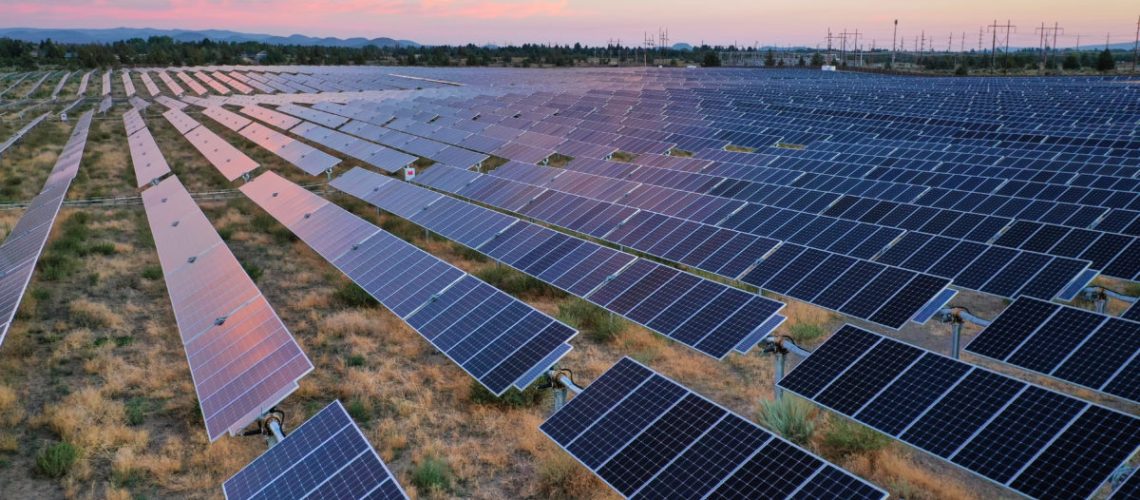Sustainable infrastructure investment and operating platform Generate Capital announced it made a $500 million investment in Pine Gate Renewables, a developer of utility-scale solar and energy storage.
The investment includes $200 million in equity investment and $300 million in long-term asset partnership for project financing. It is expected to provide Pine Gate with additional funding to build projects and meet other general working capital needs. With the investment, Generate Capital will now join the developer’s board of directors.
Pine Gate owns and operates over 1 GW of renewable energy projects. Headquartered in Asheville, North Carolina, it has more than 20 GW of active development projects throughout the United States and has raised over $1 billion in corporate and project financing in the past six months alone.
“Generate is a collaborative, experienced partner and shares Pine Gates’ long-term vision of driving the energy transition and improving energy security by providing solar energy and battery storage to local communities across the country. Pine Gate is well-positioned as we continue to expand our national presence,” said Ben Catt, chief executive of Pine Gate Renewables.
“Solar is the world’s most affordable source of energy today and is a significant opportunity for Generate as utilities adapt to the strong demand from customers for more renewable resources,” said Scott Jacobs, chief executive and co-founder of Generate Capital.
Foley & Lardner LLP served as legal adviser for Generate Capital and DNV GL served as technical adviser. Lazard Ltd. served as financial adviser and Gibson, Dunn & Crutcher LLP served as legal adviser for Pine Gate Renewables.
Batteries included
In May, Pine Gate made two large supply deals for grid-scale energy storage, including a purchase of 2.4 GWh of EnerVenue batteries. EnerVenue is a nickel-hydrogen battery startup that launched at the height of the Covid-19 pandemic in summer 2020.
That same month, Pine Gate entered a deal in which Urban Electric Power will supply the company with 4.6 GWh of its rechargeable zinc alkaline batteries over the next five years.



